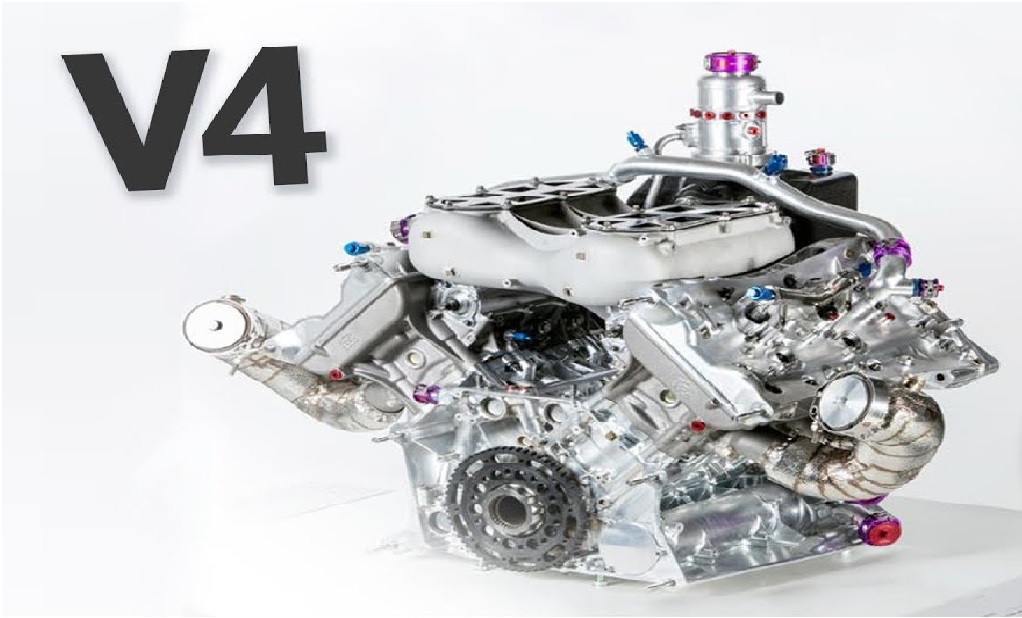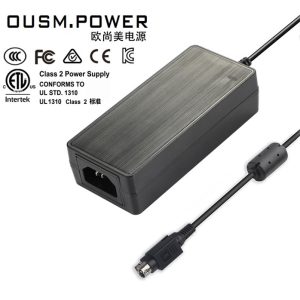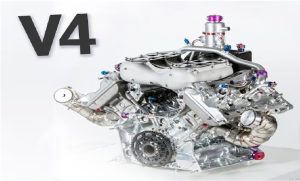Rare And Powerful: Why V4 Engines Are So Rare On Bikes

The distinct exhaust notes of a V4 engine make it a sought-after choice for many bikers. If you’re considering purchasing a motorbike with a V4 engine, it’s crucial to understand its operation, design, benefits, and why it’s less common.
Operating A V4 Engine:
A V4 engine, with four cylinders arranged in a V shape, operates on reciprocating principles, transforming fuel heat into rotational motion for mechanical power. It may have two sets of pistons in sequential or opposite order, and the common design positions it vertically with an alternative horizontal configuration.
Design Of V4 Engines:
The widely-used V4 engine configuration features two crankpins on opposing cylinders, often with pistons at a 90-degree angle. This design reduces vibrations, provides better balance, and minimises locking torque compared to inline engines. However, the broader structure of V4 engines increases complexity and cost due to multiple cylinder heads, exhaust manifolds, and valve trains.
Benefits Of V4 Engines:
- Power And Smoothness: V4 engines are stronger, stiffer, and smoother than inline 4-cylinder engines, offering enhanced performance.
- Increased Power: V4 engines typically produce more power than inline-four engines due to shorter, less twist-prone crankshafts.
- Vibration Reduction: The 60- or 90-degree angle of the V4 design significantly minimises vibrations, ensuring a smoother ride.
- Efficient Airflow: The crankcase design facilitates effective airflow, directing combustion energy to the wheels and minimising pumping losses.
Challenges And Why V4 Engines Aren’t Common:
- Cost: V4 engines are more intricate, with duplicated components like valve trains and exhaust manifolds, making them more expensive.
- Weight Distribution: V4 engines have a higher centre of gravity, impacting the bike’s weight distribution.
- Complexity: The need for two cylinder heads, valve trains, and exhaust manifolds complicates manufacturing and installation.
Applications Of V4 Engines:
- Cars: Some cars have utilised V4 engines, offering increased power and torque through turbocharging.
- Boats: V4 engines, being relatively short, are suitable for boats with outboard motors.
- Motorcycles: V4 engines have been used in motorcycles since 1931, notably in MotoGP, although their popularity has waned in recent years.
Differences Between V4 And I4 Engines:
- Price: I4 engines are generally less expensive than V4 engines.
- Style: V4 engines are arranged in a V shape, while I4 engines are in a straight line.
- Mass: I4 engines are lighter than V4 engines.
When opting for a motorcycle with a V4 engine, it’s essential to consider factors such as performance, design, and maintenance while ensuring you secure comprehensive bike insurance to safeguard your investment. Third-party bike insurance is mandatory as per the law. Claims are subject to terms and conditions set forth under the motor insurance policy. *
To check your bike insurance status, follow the straightforward process online through the insurance provider’s website or inquire directly with their customer service. While V4 engines are less common due to cost and complexity, they continue to power high-end motorcycles like the Ducati Panigale. Understanding the benefits and challenges of V4 engines allows bikers to make informed decisions when choosing a motorcycle. Regardless of the engine type, purchasing online bike insurance is crucial for protecting the vehicle against potential risks. Make sure you carry out the bike insurance renewal process on time for uninterrupted coverage. Claims are subject to terms and conditions set forth under the motor insurance policy. *
*Standard T&C Apply
Disclaimer: The content on this page is generic and shared only for informational and explanatory purposes. It is based on several secondary sources on the internet and is subject to changes. Please consult an expert before making any related decisions.
Insurance is the subject matter of solicitation. For more details on benefits, exclusions, limitations, terms, and conditions, please read the sales brochure/policy wording carefully before concluding a sale.




